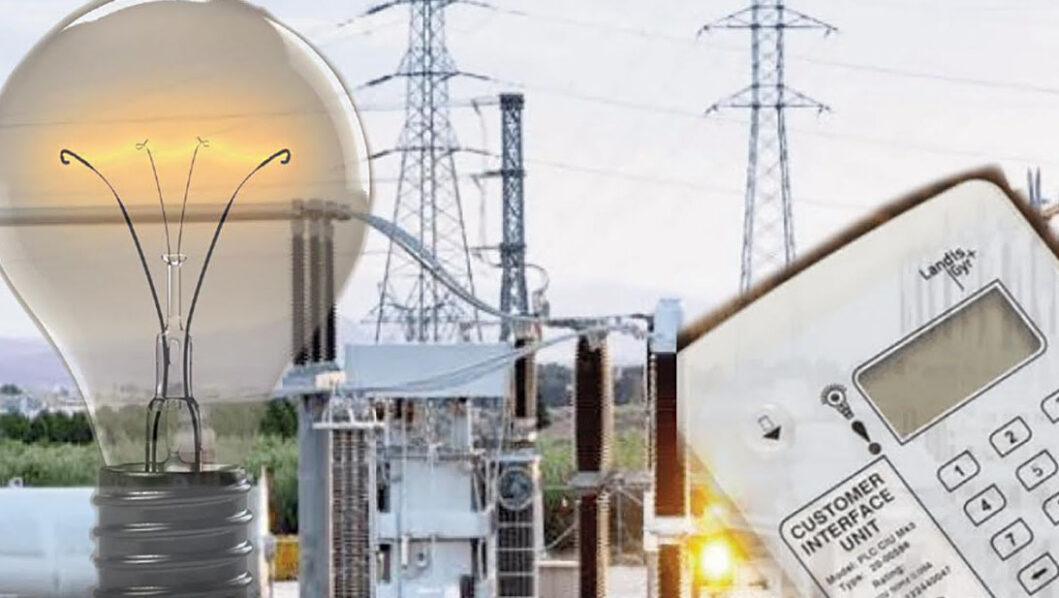Aba Power, a prominent electricity distribution company in Abia State, has announced a significant increase in electricity tariffs, with rates rising by over 50%. The new rates, which took effect on January 1, 2025, received approval from the Nigerian Electricity Regulatory Commission (NERC).
The company disclosed the new tariff structure via its official X (formerly Twitter) handle.
Customers on Band A feeders now face charges ranging from N219.70 to N241.45 per kilowatt-hour (kWh), a sharp increase from the previous N99/kWh. Band B customers will pay between N180.77 and N203/kWh, while Band C feeders are charged between N145 and N205/kWh.
In its official statement, Aba Power attributed the hike to rising operational costs fueled by Nigeria’s challenging macroeconomic environment.
“We have recently received an approval order from the Nigerian Electricity Regulatory Commission (NERC) for an adjustment of electricity tariffs, effective January 1, 2025.
This adjustment will enable us to cushion the effects of recent macroeconomic developments in Nigeria on our ability to continue to deliver a high quality of service to our customers in compliance with regulatory standards,” the company stated.
The announcement has elicited mixed reactions, with residents expressing concerns over the financial burden the hike imposes. Many criticized the company’s lack of adequate prior notice and questioned the fairness of the steep increase.
Kelvin (@Kelvin_chuks_): “Why increase tariffs without prior notice? The new rates were implemented before informing customers. That’s unacceptable.”
READ ALSO:House of Reps pushes N500bn recapitalization for DisCos to tackle electricity crisis
Ányànwụ̀ Chị́dìébérè (@anyanwu_chidi_e): “Your media team failed again. Customers were left in the dark until implementation. You need to improve communication.”
Chidiebere (@chidieberechr36): “A 100% increment? Who did you consult? This feels like exploitation.”
Broader Energy Sector Context
Aba Power’s tariff hike reflects larger challenges facing Nigeria’s energy sector, including rising fuel prices, foreign exchange volatility, and mounting infrastructure costs.
Industry experts have long called for cost-reflective tariffs to sustain the sector. In April 2024, NERC approved similar hikes for other electricity distribution companies (DisCos), citing increased subsidy obligations for the federal government.
NERC reported that subsidies grew from N380.06 billion in Q2 2024 to N464.12 billion in Q3 2024, representing over 54% of total electricity generation costs.
While Aba Power defends the tariff increase as essential for maintaining service quality and operational sustainability, the backlash highlights the growing tension between utility providers and consumers already burdened by economic pressures.
As public discourse continues, stakeholders in the energy sector will likely face heightened scrutiny, with calls for transparency, improved communication, and more reliable electricity supply taking center stage.

 Latest1 week ago
Latest1 week ago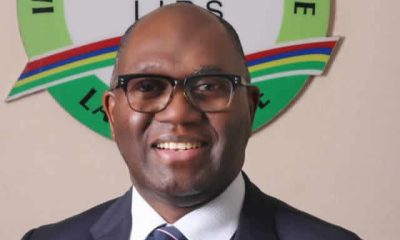
 Business1 week ago
Business1 week ago
 Latest1 week ago
Latest1 week ago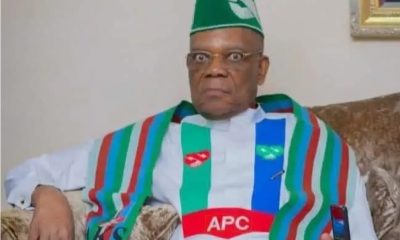
 Latest1 week ago
Latest1 week ago
 Business1 week ago
Business1 week ago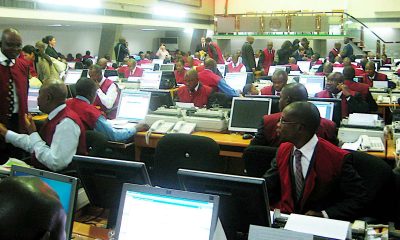
 Business1 week ago
Business1 week ago
 Football1 week ago
Football1 week ago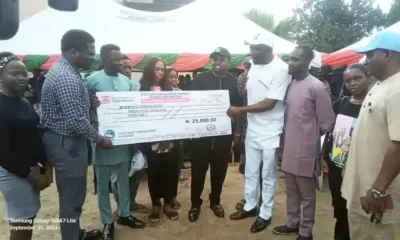
 Business1 week ago
Business1 week ago
